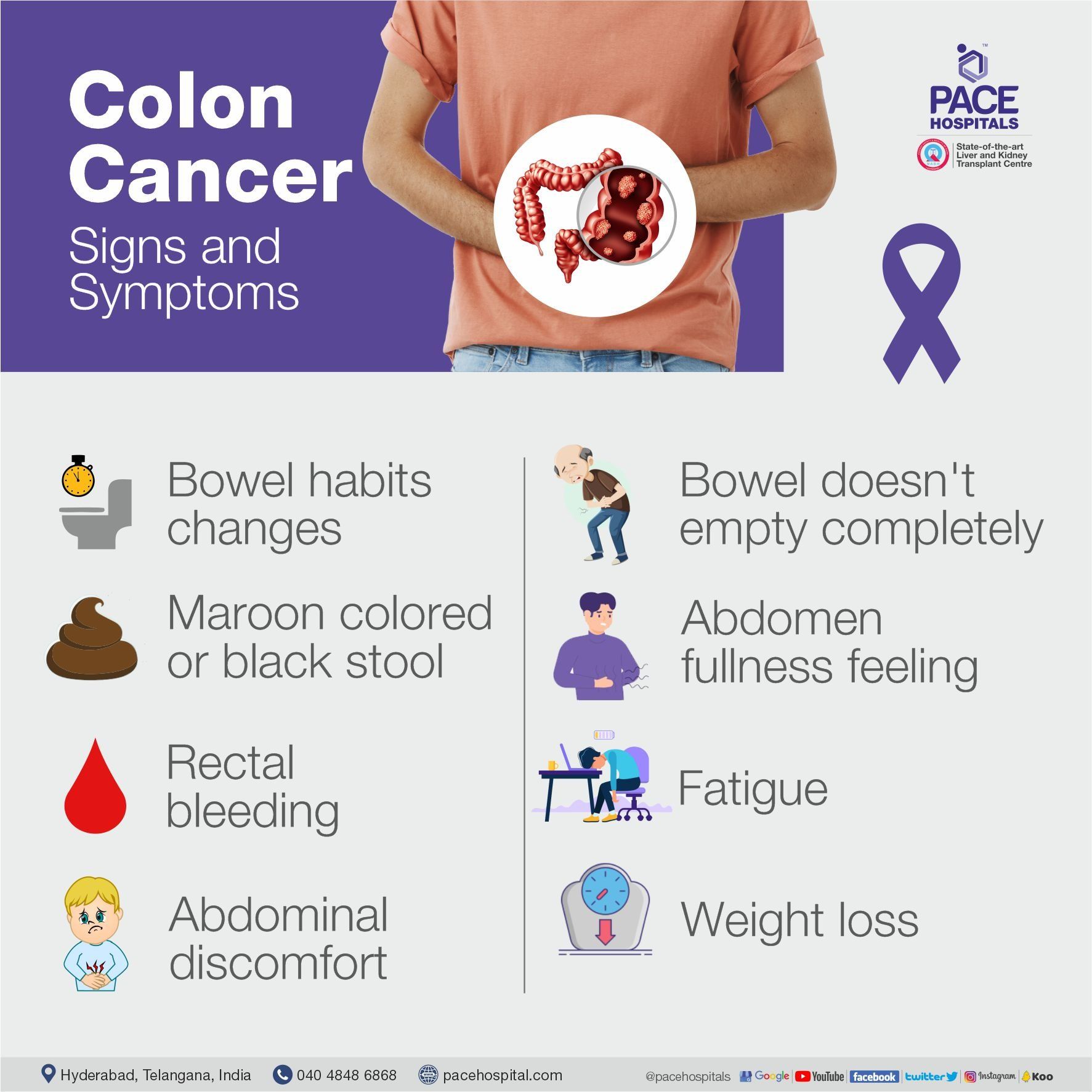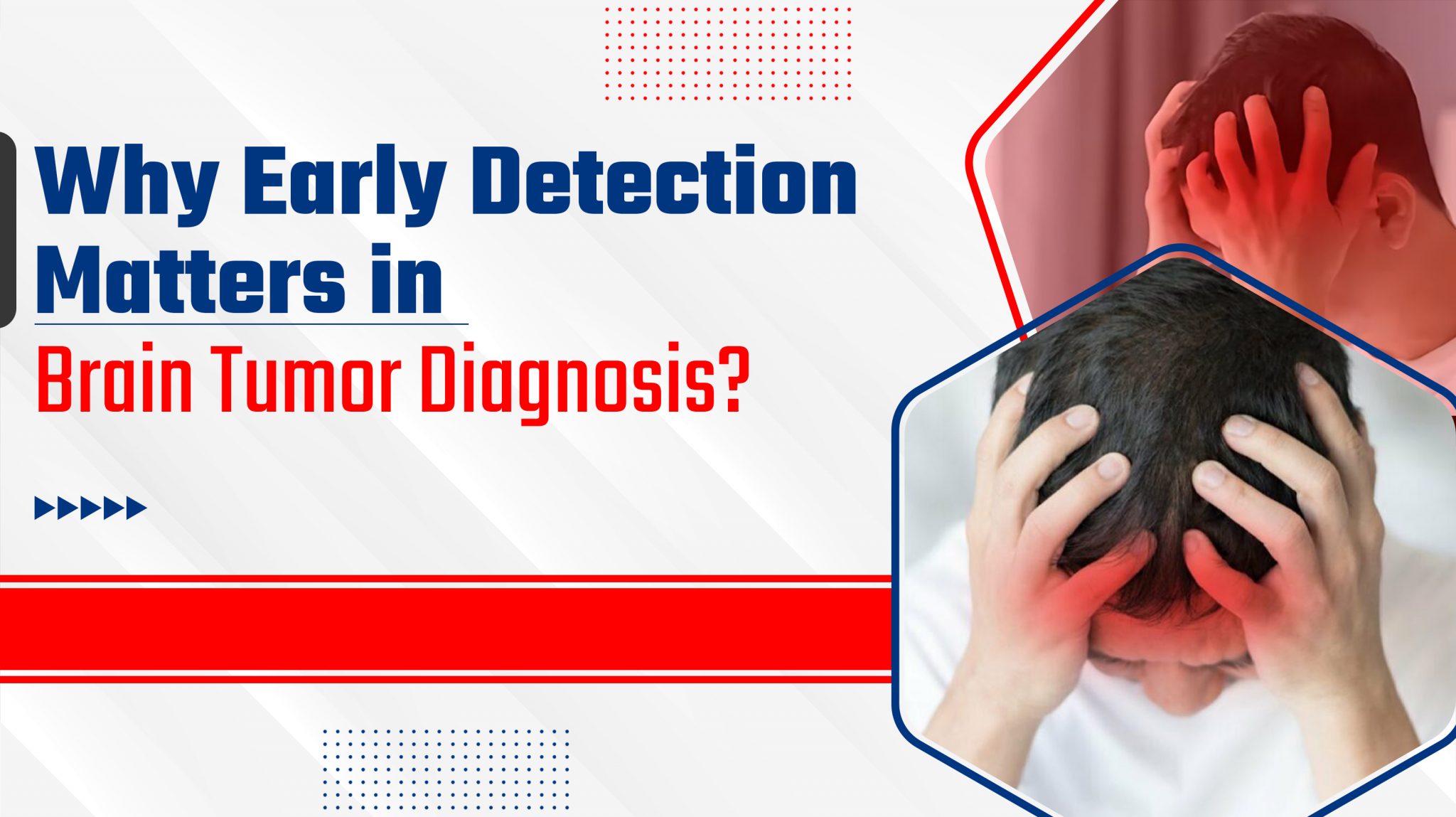Early Detection Matters: Uncover The Telltale Signs Of Colon Cancer, the silent killer's early detection can save lives!
Editor's Notes: Early Detection Matters: Uncover The Telltale Signs Of Colon Cancer has been published on Aug 10, 2023. Colon cancer is the third leading cause of cancer-related deaths in the United States. The good news is that colon cancer is highly preventable and, if detected early, highly treatable.
After doing some analysis, digging through information, made Early Detection Matters: Uncover The Telltale Signs Of Colon Cancer we put together this Early Detection Matters: Uncover The Telltale Signs Of Colon Cancer guide to help target audience make the right decision.
Key differences:
| Early Detection | Late Detection | |
|---|---|---|
| Survival Rate | 90% | 60% |
| Treatment Options | Less invasive, more effective | More invasive, less effective |
| Cost | Less expensive | More expensive |
Transition to main article topics:
FAQ
Delve into the realm of colon cancer awareness with these frequently asked questions. Unearth crucial information regarding its telltale signs, dispelling misconceptions and empowering individuals with knowledge. Early Detection Matters: Uncover The Telltale Signs Of Colon Cancer
Question 1: What are the initial indicators of colon cancer?
Early detection is paramount. Pay heed to subtle red flags such as persistent changes in bowel habits (alternating between constipation and diarrhea), unexplained abdominal discomfort, and narrow stools. Blood in the stool or dark stools warrant immediate medical attention.

Early Signs and Symptoms of Colon Cancer | ACTC Blog - Source actchealth.com
Question 2: Does age play a role in the risk of colon cancer?
Indeed, age is a significant risk factor. As individuals navigate their golden years, the likelihood of developing colon cancer ascends. Regular screenings become even more critical after the age of 50.
Question 3: Is colon cancer curable?
Early detection offers a beacon of hope. If detected in its early stages, colon cancer is highly treatable and often curable. Timely screenings and prompt medical intervention are crucial for achieving optimal outcomes.
Question 4: What lifestyle modifications can reduce the risk of colon cancer?
Embrace a proactive approach by adopting healthy lifestyle habits. Maintaining a balanced diet rich in fiber, limiting processed meats, engaging in regular physical activity, and quitting smoking are all effective measures in reducing the risk of colon cancer.
Question 5: How often should I undergo colon cancer screening?
Regular screenings are the cornerstone of early detection. Individuals at average risk are recommended to undergo colonoscopies every ten years, beginning at the age of 45. Those with a family history or other risk factors may require more frequent screenings.
Question 6: What are the benefits of early detection?
Early detection is the key to unlocking a world of possibilities. It enables timely intervention, increases treatment options, enhances the likelihood of successful outcomes, and ultimately improves the overall quality of life for individuals diagnosed with colon cancer.
Remember, knowledge is power. Arm yourself with the vital information presented here and prioritize regular screenings. Together, we can triumph over colon cancer by detecting it early and ensuring the best possible outcomes.
To further explore the topic, delve into our comprehensive guide: Early Detection Matters: Uncover The Telltale Signs Of Colon Cancer.
Tips
Early detection of colon cancer is crucial for successful treatment and survival. Recognizing the telltale signs can help individuals seek timely medical attention and potentially save lives.
Tip 1: Persistent Changes in Bowel Habits
Colon cancer often disrupts regular bowel movements. Watch for changes in frequency, consistency, or caliber of stools, such as chronic constipation, diarrhea, or alternating patterns.
Tip 2: Blood in Stool
Blood in stool, whether visible (hematochezia) or hidden (detected through a fecal immunochemical test), is a potential symptom. The blood may appear bright red, dark, or tar-like.
Tip 3: Abdominal Pain and Discomfort
Cramping, gas, bloating, or a feeling of fullness are common symptoms. Pay attention to unexplained abdominal pain, especially if it persists or intensifies.
Tip 4: Unexplained Weight Loss
Weight loss without a clear cause, especially if accompanied by other symptoms, can be a warning sign. Colon cancer can affect metabolism and hinder nutrient absorption.
Tip 5: Fatigue and Weakness
Colon cancer can lead to anemia, where the body lacks sufficient healthy red blood cells to carry oxygen. This can result in persistent fatigue, weakness, and shortness of breath.
Summary
Early detection and diagnosis of colon cancer are essential. Recognizing these warning signs and seeking medical advice promptly can increase the chances of effective treatment and favorable outcomes.
Transition
If you experience any of these persistent symptoms, do not hesitate to consult a healthcare professional. Regular screening through colonoscopies and other tests is also recommended for individuals at average or high risk of colon cancer.
Early Detection Matters: Uncover The Telltale Signs Of Colon Cancer
Colon cancer, while a serious disease, offers excellent chances of recovery when detected early. However, the absence of prominent symptoms in its initial stages underscores the paramount importance of vigilant early detection. This article sheds light on six essential aspects that can aid in the early recognition of colon cancer, potentially saving lives.

Colon Cancer - Symptoms, Causes, Diagnosis and Treatment - Source www.pacehospital.com
- Frequent Bowel Changes: Alterations in bowel habits, such as diarrhea or constipation, can be indicative of colon cancer.
- Blood in Stool: The presence of blood in stools, whether bright red or dark, is a potential sign of colon cancer and should not be ignored.
- Persistent Abdominal Pain: Unexplained and persistent abdominal pain or discomfort can be a symptom of colon cancer.
- Unexplained Weight Loss: Significant and unintended weight loss can be a sign of colon cancer, especially when accompanied by other symptoms.
- Fatigue and Weakness: Persistent fatigue and unexplained weakness can be indicative of colon cancer, as the body's energy is diverted to fighting the disease.
- Genetic Predisposition: Individuals with a family history of colon cancer are at an increased risk and should undergo regular screenings.
Colon cancer, if detected early, can be treated with high success rates. Screening tests such as colonoscopies and fecal immunochemical tests (FIT) play a crucial role in early detection. Being aware of the telltale signs and seeking medical attention promptly can make a significant difference in the outcome of a colon cancer diagnosis.
:max_bytes(150000):strip_icc()/colon-cancer-in-women-signs-symptoms-and-complications-5089740-Final-c372af40336f4e66b527f7103d7236b8.jpg)
Cancer De Intestino Sintomas - Source mavink.com
Early Detection Matters: Uncover The Telltale Signs Of Colon Cancer
Colon cancer is the third leading cause of cancer-related deaths in the United States. However, it is also one of the most preventable types of cancer. Early detection is key to successful treatment.

Why Early Detection Matters in Brain Tumour Diagnosis? - Kalpit Healthcare - Source kalpithealthcare.in
The American Cancer Society recommends that adults at average risk of colon cancer begin screening at age 45. Screening tests can find colon cancer early, when it is most treatable. There are several different types of screening tests available, and your doctor can help you choose the one that is right for you.
If you are at high risk of colon cancer, you may need to start screening earlier and/or have more frequent screenings. Talk to your doctor about your risk factors and the best screening schedule for you.
Colon cancer is a serious disease, but it is also one that can be prevented and treated. By getting screened regularly, you can help catch colon cancer early and improve your chances of survival.
Symptoms of Colon Cancer
| Symptom | Possible Cause |
|---|---|
| Blood in the stool | Colon cancer, hemorrhoids, anal fissures |
| Changes in bowel habits | Colon cancer, irritable bowel syndrome, Crohn's disease |
| Abdominal pain | Colon cancer, gas, indigestion |
| Weight loss | Colon cancer, other illnesses |
| Fatigue | Colon cancer, other illnesses |
Conclusion
Colon cancer is a serious disease, but it is also one that can be prevented and treated. By getting screened regularly, you can help catch colon cancer early and improve your chances of survival. If you have any of the symptoms of colon cancer, see your doctor right away.
Early detection is key to successful treatment. Don't wait until it's too late. Get screened today.
